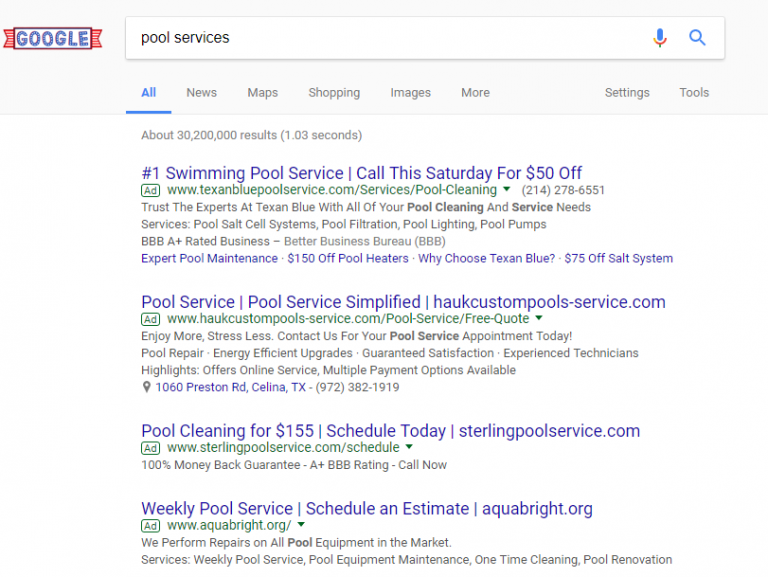
Welcome to the website education series – vol. 1! While we’ve been doing this series for awhile, it’s finally got a name (and a cute graphic). These are meant to be short, informative posts that should help you get on the right track, quick.
First, the question we’re answering today is: How do I start ranking on Google?
If you have a website, you probably do appear in Google already, especially if you established it some time ago. This is the foundation of website education and knowledge building. If it isn’t popping up on Google, you can request that it does on this page. Honestly, getting on the search engine isn’t really the problem – getting to the top, however, is much more complicated.
The thing is that Google does not enforce ranking as a punishment, and it isn’t really designed to be a system you can rig – Google is simply trying to make sure the highest quality content is ranked at the top. While you can direct the Google bots that index content to view your website as high value (and thus, give it a higher ranking), trying to over-manipulate the system will drop you to the bottom in a heartbeat.
SEO – Search Engine Optimization – is an art that is constantly changing. (If you don’t know what “SEO” is, Moz has a great beginner’s guide to SEO that you should read.) So what are some things you can do in a constantly-changing landscape? How can you work to please the Google gods without insulting them?
Think carefully about writing your content. Not too long ago, you could write entirely unintelligible content that had certain links and phrases and Google would rank you higher automatically. Thus came the rise of trash sites. However, Google has changed the playing field within the last few years. Your content should be well-written, meant for humans, authoritative, and actually useful. Don’t write for the robots. Create quality content that makes sense, and take your time making sure you backlink appropriate resources that are considered experts in the field you’re writing about.
Speaking of links, include them. Don’t overdo it, and make sure your links are relevant to what you’re writing about. However, it’s important to include links to your own content as well as to the expert content of others. In reality, you’re allowed to include as many links as you want to content in a blog article, and not get dinged for it. Just remember that your links should make sense, stay on topic, and aid your reader. As long as you keep that in mind, the more complicated details about backlinking don’t matter as much, but you can read more about them in the article linked above.
If you’re feeling impatient or want to access your audience more quickly, you can pay to be boosted. Most search engines these days have a section at the top that allows for boosted (relevant) ads that pertain to your search inquiry.
Here’s a quick example. Before I even saw businesses near me that performed the services I asked about, I got to see four lovely ads that people paid to boost to the top. As you can see, they are absolutely all relevant to my search.
Update often. Websites that update often are websites that are indexed often. Google cares about the freshness of your content, and if you’re still actively creating it.
Last, but not least, make sure your website is mobile-optimized. I know this seems like a small thing, but I promise you that it will make a difference. As the world continues to move towards the mobile platform, I am sure we will see mobile-friendly website layouts become more and more important to search engines. Four years ago, mobile-friendliness wasn’t even considered a “ranking signal,” and now it’s a highly-valued aspect of optimization.
There are dozens of ways that you can optimize enough to get your page ranking higher on Google, but in a world where the requirements are consistently changing, website education and ranking education play a huge role in what you’ll do year to year. Remember to keep up your website education and keep researching to keep your knowledge fresh. However, consistent and quality content, linking figures of authority on the matter, and making sure your website is mobile-friendly and updated frequently will most likely always be ranking factors, and quite important ones, too.






